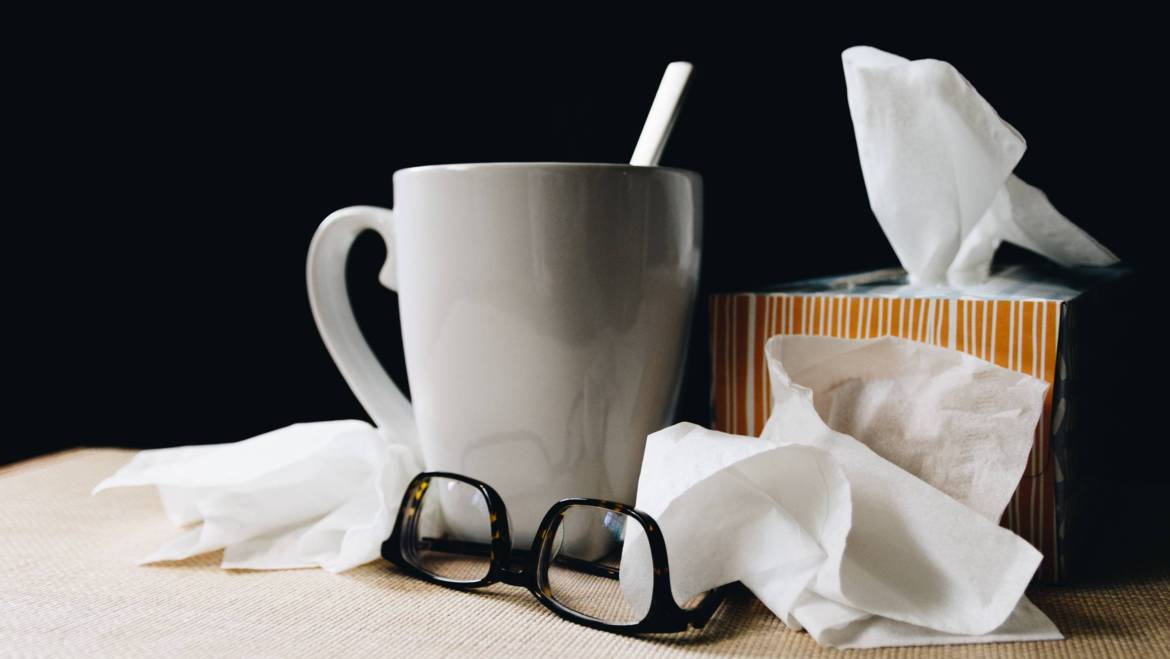If you were to ask ten different people about the best way to treat the common cold, you’d probably get ten different answers. Some might be correct, and some might be…interesting. But does it really make a difference? Is the cold going away in seven days if you treat it, or in a week if you don’t?
First of all, is the “cold” a big deal? We’re not talking about more serious infections, like the flu. Just the old-fashioned cold. It turns out that adults will average 2.3 of these nuisances a year, while children will bring home around five. And in the course of that year, we Americans will spend almost $40 billion dollars in direct costs (doctor visits, medications, Jack Daniels) and indirect costs (time spent away from work, care-giving, etc). So it seems this is a big deal.
But aside form frequent hand-washing, avoiding sick contacts, smoking cessation, and reducing stress, what can we really do to help ourselves? Here are some ideas that might help:
- Make sure you know your vitamin D level, and if it’s low, fix it.
- Of course, don’t smoke. And avoid second-hand smoke.
- Ingesting honey might be a good idea.
- Elderberry liquid (1 TB 3-4 times a day) was useful in several studies.
- Vitamin C (1000mg) along with 10 mg of zinc seems to be effective in shortening the duration of a cold, and is considered safe.
The jury is still out with regards to Echinacea (an herbal remedy purported to boost the immune system), and be aware that the use of some of the over-the-counter herbal nasal sprays can cause olfactory dysfunction (loss of smell). Just a couple of thoughts for a very common problem that affects each of us.
Now for a little esoterica. Here are a few important points, especially if you find yourself in one of these categories.
The first group would be the 1.5% of us with serious egg allergies, and who find ourselves unable to receive the influenza vaccine. I’m sure you remember being asked about this allergy before receiving your shot. The reality is that the vaccine is developed in a chicken egg and does contain very small amounts of egg protein, which theoretically could cause a significant reaction in allergic individuals. We now know that such is not the case. Several studies have come to the conclusion that serious reactions to the injectable vaccine are very rare, and when a reaction does occur, it is mild and short-lived. This is important for those with this allergy, not only for the flu vaccine, but for other vaccinations as well. Talk with you physician if you have questions about this.
The second group of people are those who really need to take a “statin” drug (Lipitor, Pravastatin, Crestor) but can’t because of muscle aches and pains. That’s a lot of us, almost 20%. They try increasing water intake, Co-enzyme Q10, maybe even elderberry juice, but nothing seems to help, and they stop taking the medicine. Of interest to me and my patients who fall into this category, is a recently published study in the Annals of Internal Medicine. The authors present evidence showing that more than 90% of patients who stop their statins due to muscle pain were able to successfully restart them within the next year. Sometimes this was after a break of only a month or two, and it sometimes required switching to a different statin. Something else to talk with your doctor about if you need one of these drugs but haven’t been able to take it.
And lastly, some interesting information from a recent edition of the “Lancet.”
If you’re a regular reader of mine, you have come to realize that I am not a huge fan of cigarettes. I’ve seen too much death and destruction. And it continues. The authors of this “Lancet” study looked at the impact of smoking on the lives and health of women. They report that 2/3’s of all deaths of women smokers in the 50s, 60s, and 70s are caused by smoking. Think about it. That’s a lot. And they estimate the loss of lifespan is a little more than ten years. That’s a lot too.
The good news here is that if women stop smoking before the age of 40, this excess “death due to smoking” will decrease by as much as 90%. Stopping before the age of 30 reduces it by almost 97%. Obviously, we can only hope that one day none of us will smoke.
It’s interesting that the authors of this large British study point out that these statistics probably won’t make much difference to smokers, either men or women. It seems that people on both sides of the Atlantic are the same when it comes to what gets their attention about cigarettes. For young women, it’s that smoking ages your skin. And for young men, you guessed it – smoking adversely affects your sexual performance.
Go figure.


Add Comment